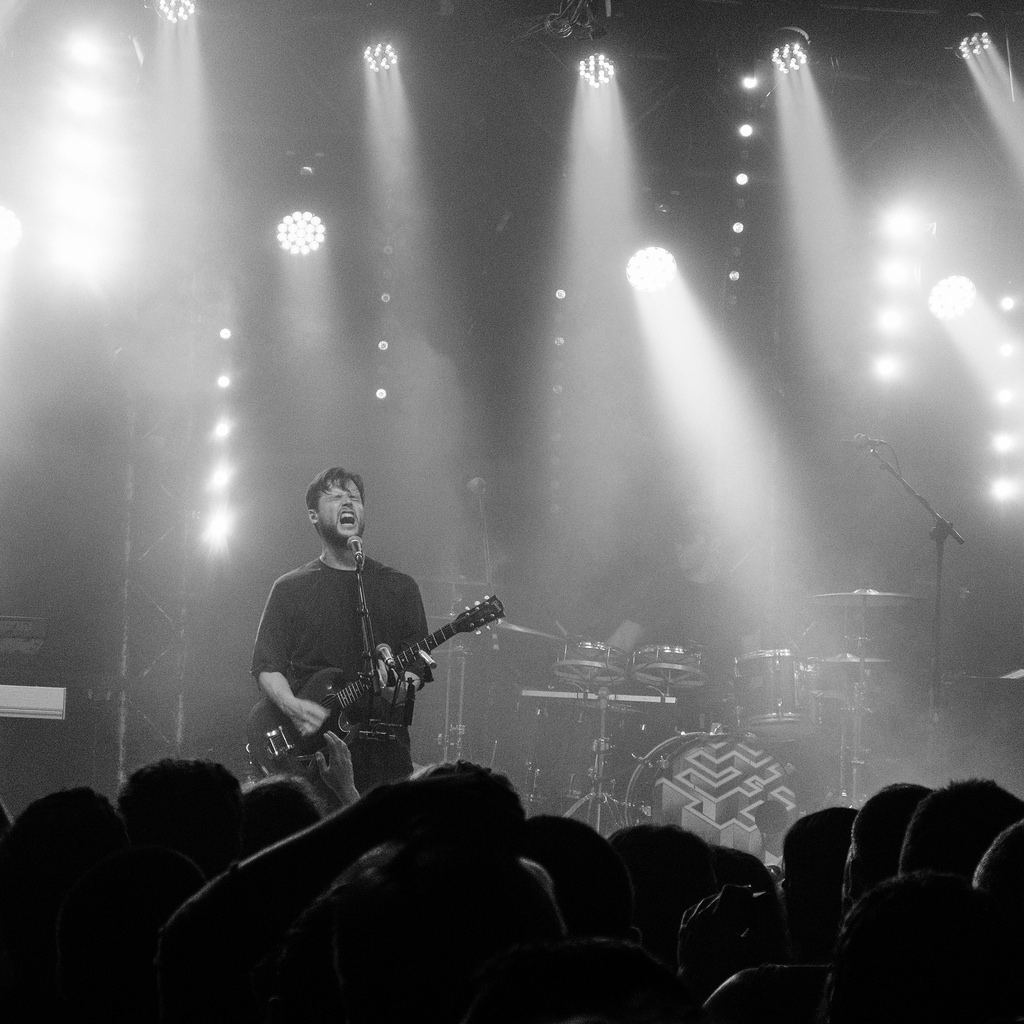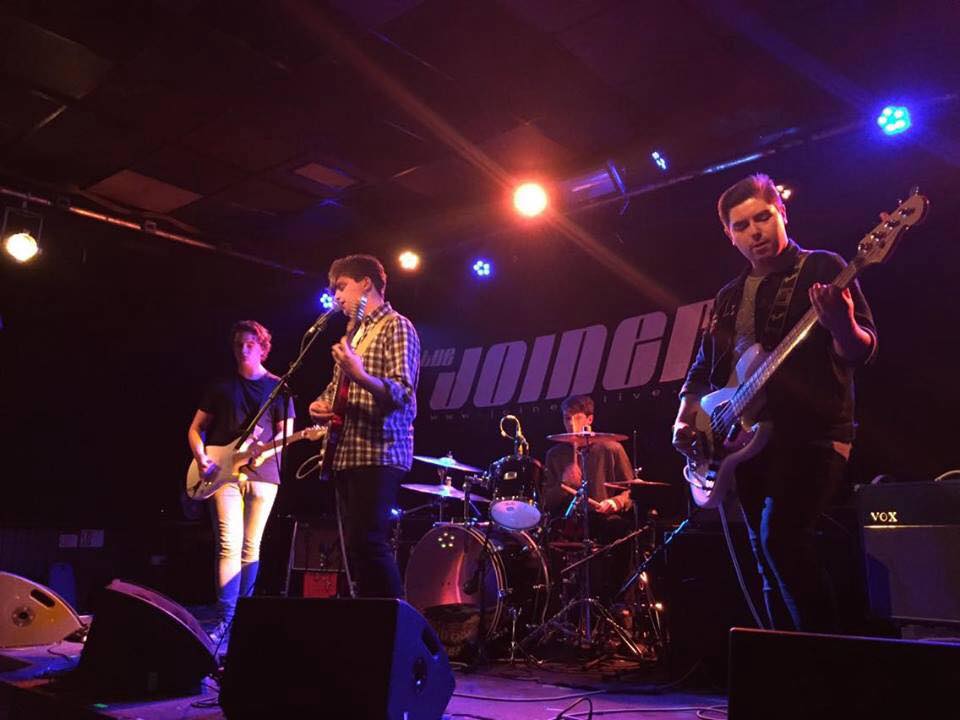Renowned for their dark demeanour, the London three-piece have again attempted to lose these connotations with their fifth studio album five. Despite the decision to emphasise the number five, the album more importantly marks the band’s 10-year anniversary since the release of To Lose My Life….
While the band has claimed the new album is evident of a new chapter as they embark on ‘new territory artistically’, despite there being stronger influences of electronic pop than on previous albums (which can only be seen as another attempt to shake off theme of mortality ingrained in their first two albums), the album in general shows a continuity of the paradoxical combination of euphoria and melancholy.
Recognisable for their distinct synthy undertones in collaboration with their post-punk disposition, while cuing a new sound, five appears to regenerate this, in a weaker amalgamation of their previous four albums.
Front man Harry McVeigh’s often intense and slightly haunting vocals seen in the band’s previous albums, takes on a less biting manner when accompanied by more upbeat and melodic riffs most comparable to their third album Big TV. The album plays with softer tones than their previous work, but upholds the ability to affect the listener with equal intensity.
The band’s forceful sound is maintained with tracks ‘Never Alone’ and ‘Finish Line’, whichwhen combined with the underlying synth mirror 1980s influences like New Order. The album kicks off with song ‘Time to Give’, where as an individual familiar with the band’s previous work, you’re instantly hit with nostalgia. McVeigh’s vocals mirror previous love ballads such as ‘Tricky to Love’,with a fresh melody provided by the synth, setting the scene for the rest of album.
While there is evidence of flirting with new sounds in tracks like Tokyo – which takes an almost reggae beat in the verses – there is a lack of commitment to an overall new sound. In a similar manner to their third effort Big TV, where the band experiment with a space inspired theme while still maintaining elements of stadium rock, the band’s sound remains familiar in five.
As the album progresses, the band regresses back to its post-punk origins, with tracks like ‘Jo?’and ‘Denial’ seeing the return of very guitar heavy choruses. The last two tracks on the album also mirror this, with final track ‘Fire and Wing’sneatly summing up the album’s attempt to hint at a new musical direction, while the familiar haunting vocals of McVeigh alongside the fiery chorus act as a reminder that the same band that produced ‘To Lose my Life…’ a decade ago, lives on.
While five provides a good listen, with longstanding fans in particular. Although it lacks the same impact of previous albums, the fluttering electronics provides enough excitement when combined with elements of familiarity from their previous work, to mark it as a success. Through looking at the number of venues sold out alone for the album tour illustrates their ability to survive through consistency, something few bands can get away with at present.




